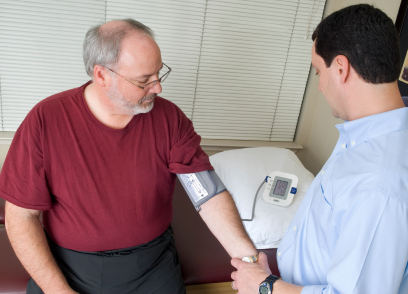Poorer memory heightens drop out risk in cardiac rehab
Patients with coronary artery disease who have poorer memory are at higher risk of not completing their cardiac rehabilitation, putting them at increased risk of morbidity and in need of targeted support.
"Participants who entered rehab with poorer verbal memory performance were significantly more likely to drop out, particularly due to medical complications that interfered with the program," says Walter Swardfager, lead author of a new study and neuropsychopharmacology researcher at Sunnybrook.
Participants with depression as well as poorer verbal memory performance were particularly at risk. Up to a third of patients entering cardiac rehab meet criteria for depression, and depressed participants are more likely to drop out. However, not all depressed participants drop out and some who are not depressed still fail to finish; much of the risk remained unexplained.
"It was surprising that even mild cognitive deficits could add so strongly to the risk of drop out in both depressed and non-depressed patients," says Sunnybrook psychiatrist and study co-investigator Dr. Nathan Herrmann.
"We hope to build on these findings by developing practical ways for screening and targeting support to the right people," adds Dr. Krista Lanctôt, lead investigator on the study and head of the Neuropsychopharmacology Research Group at Sunnybrook.
"In response to previous studies, depression screening and psychosocial supports have been incorporated into many cardiac rehab programs," says Dr. Paul Oh, Medical Director of the Toronto Rehabilitation Institute Cardiac Rehabilitation Program, where participants were recruited for this study.
The team would like to do something similar for patients with poorer memory: "They are another group we need to watch out for," says Lanctôt.






